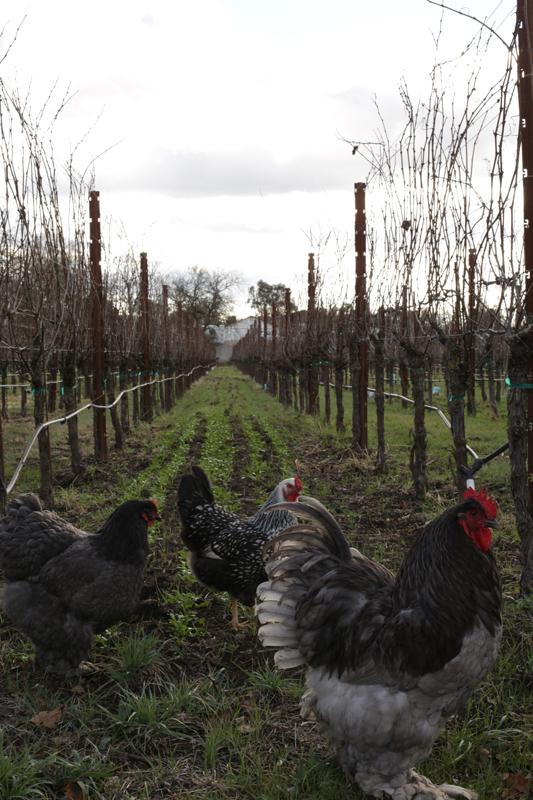One of the strategic goals of Santa Rosa Junior College is to become completely sustainable, partnered with Sonoma County’s agricultural industry. At the second annual inov8 series conference Jan. 30, a cheesemaker, a winemaker and a farmer shared the creative methods they used to move their businesses and community towards more sustainable agricultural practices.
Jennifer Bice has been making goat cheese at Redwood Hill Farm and Creamery since 1968. She’s been a leader in Sonoma County on sustainable practices, pioneering the use of goats for dairy instead of cows.
“We really try to lighten our footprint on the planet by looking at things like solar,” Bice said.
Redwood Hill Farm and Creamery powers its entire farm using solar-generated electricity, including the goat barn, the two residences onsite and refrigeration tanks to store goat milk. In 2010, the creamery fully converted to solar, providing close to 100 percent of the electricity for its entire dairy product manufacturing processes like heating and pasteurization.
Kathleen Inman, owner and winemaker of Inman Family Wines, creates her wines by melding her passion for Pinot Noir and her “eco-ethics” – environmentally responsible business practices, sensitive farming and natural winemaking.
By steam-cleaning her barrels, Inman saves about 95 gallons of water per barrel. Skipping the racking process until the wines are ready to bottle saves even more water.
Inman’s business was also the first site in Sonoma County with a privately owned, publicly available electric vehicle charging station, where she allows customers to recharge their batteries off her solar panels for free.
Nick Papadopolous runs a food security experiment to support local communities working to make food waste a thing of the past.
Papadopolous, who works on his family farm Bloomfield Organics, created CropMobster after he saw about 20 boxes of premium produce come back from the farmer’s market unsold.
“This is crazy,” he said, “This is not complex. We’ve got premium unsold food on the one hand, and on the other we’ve got a community of fired up people who would really love this food.”
Through CropMobster, food producers like farms, distributors, grocers, restaurants or caterers can publish alerts and respond to needs. When those alerts go out, the community reads them and spreads the word – and the food – to individuals, businesses, hunger relief groups, schools and elder care agencies.
The inov8 speaker series aims to engage dialogue between Santa Rosa Junior College and innovators from Sonoma County. Inspired by TED talks, inov8 launched last year with a panel of local alternative beverage entrepreneurs who discussed founding and running small businesses based on sustainability.


